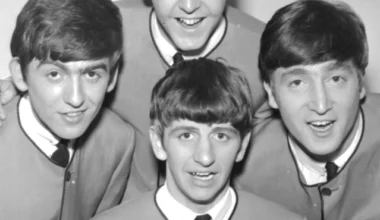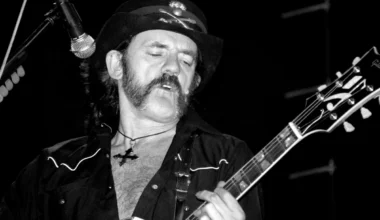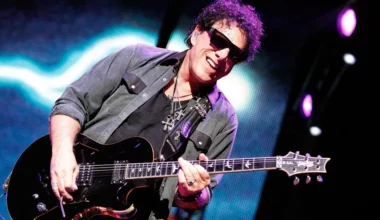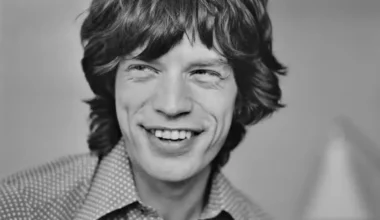Rush‘s musical influences do not seem to have any direct ancestors. The Canadian power trio’s music has always felt completely isolated. Their delivery may have elements of progressive rock giants like Yes or Pink Floyd. Geddy Lee plays some of the most daring bass guitar tricks that anyone has ever attempted. Lee, a master at the four-string bass, regards one bassist as a cornerstone of his childhood.
Despite all of the amazing basslines he has written, Lee was first approached by chance to join Rush when he was still in his teens. Lee was well-known in the community for his bass playing, and he was longtime friends with Alex Lifeson. One day, Lee received a call to cover Lifeson on the four-string for one of his shows.
Following a taste of that kind of audience interaction, Lee and Lifeson decided to make their rock band the biggest in the world. Even though the group would advance under drummer John Rutsey, they didn’t fully embrace their progressive side until Neil Peart took the kit.
The majority of their collection revolved around hard rock in the style of Led Zeppelin. Lee began drawing inspiration from more daring bassists such as Chris Squire of Yes. Squire is the one who first introduced him to the wonders of the Rickenbacker bass guitar. While Lee’s signature bass tone came from other fierce bassists like John Entwistle, his real inspiration came from even farther away.
The Rolling Stones were pioneering a heavier kind of traditional rock and roll before the term “hard rock” was coined. Bill Wyman provided a tight groove in the background. It helped create some of the most dark songs the world had ever heard. Acts like The Beatles, Mick Jagger, and Keith Richards served as models for it.
Geddy Lee later recalled feeling intimidated by Wyman even as he compiled his love letter to the instrument in his Big Beautiful Book of Bass. He stated, “I was a bit nervous. He was such a central figure to me when I first started playing. I had to sort of learn a Rolling Stones song to be accepted in my local group of garage band players, and it was the very first song. The song is ‘2120 South Michigan Avenue.’ And if you could learn that Bill Wyman bass part, then you were considered worthy.”
Lee continued Wyman’s legacy of melodic bass playing throughout Rush’s career. He crafted basslines that turned into distinctive hooks for hits like “YYZ” and “The Spirit of Radio.” Even though Wyman would split from The Stones in their later years, Lee remains influenced by him whenever he goes on a melodic run in songs like “Red Barchetta.”








